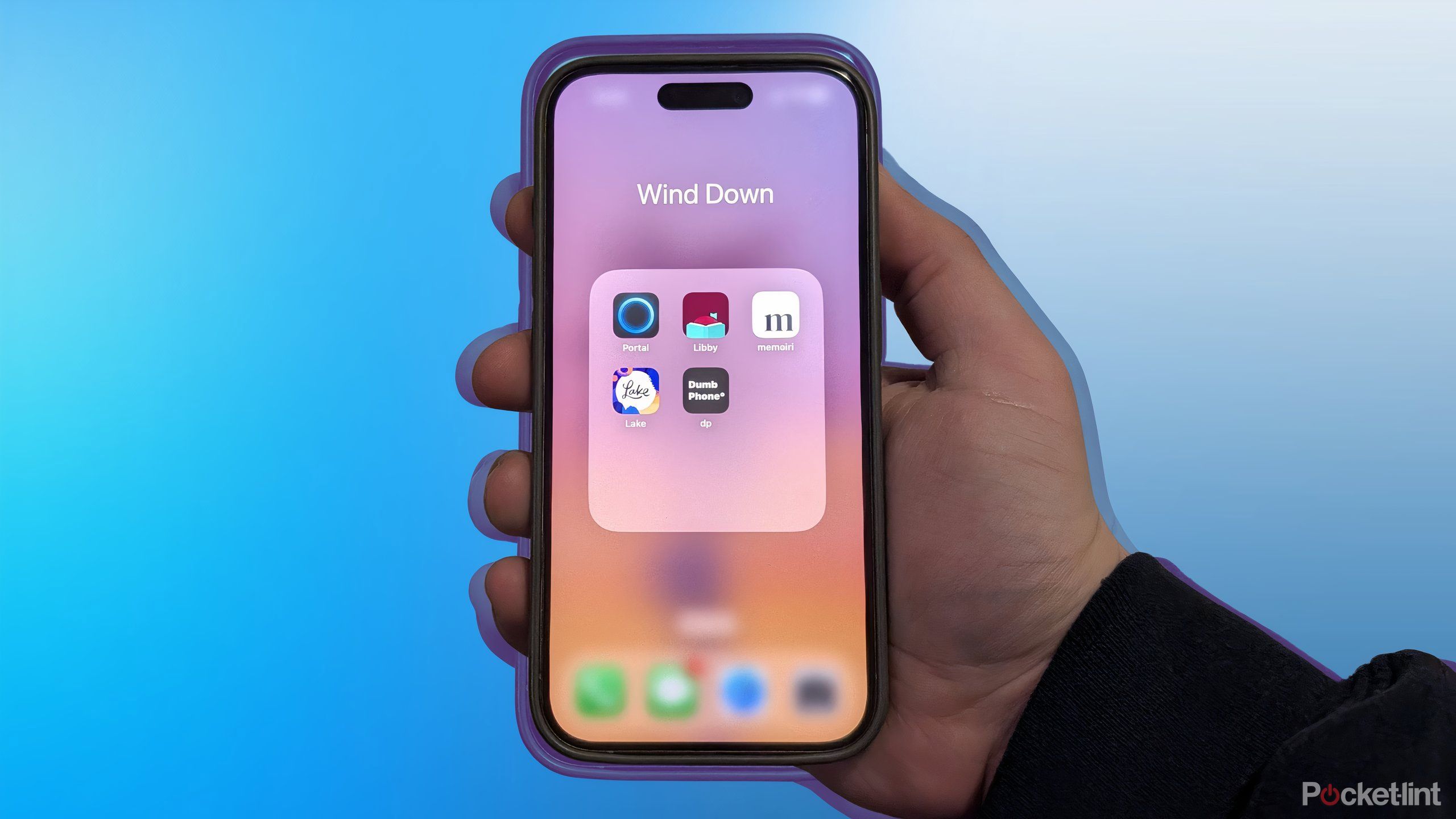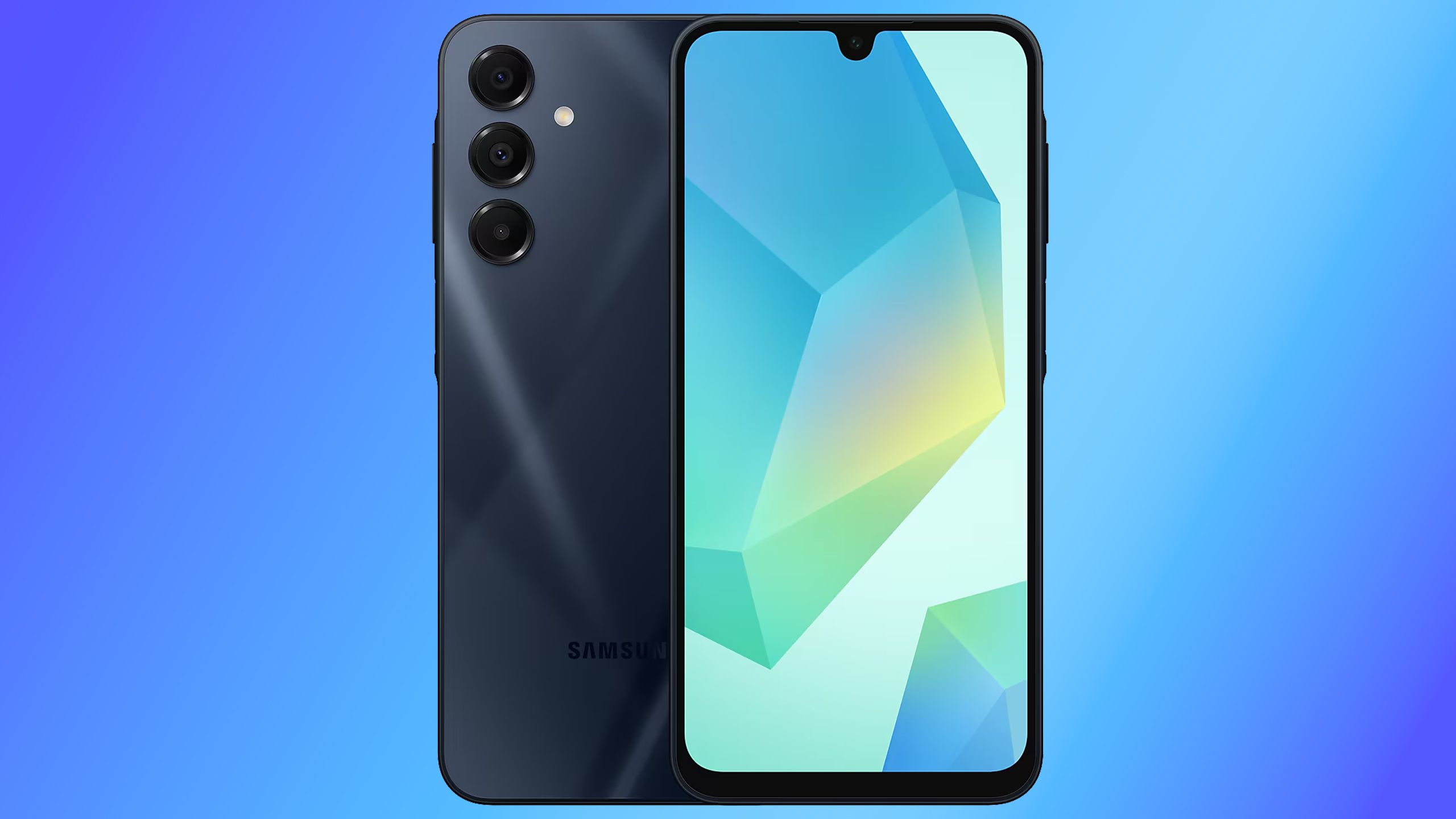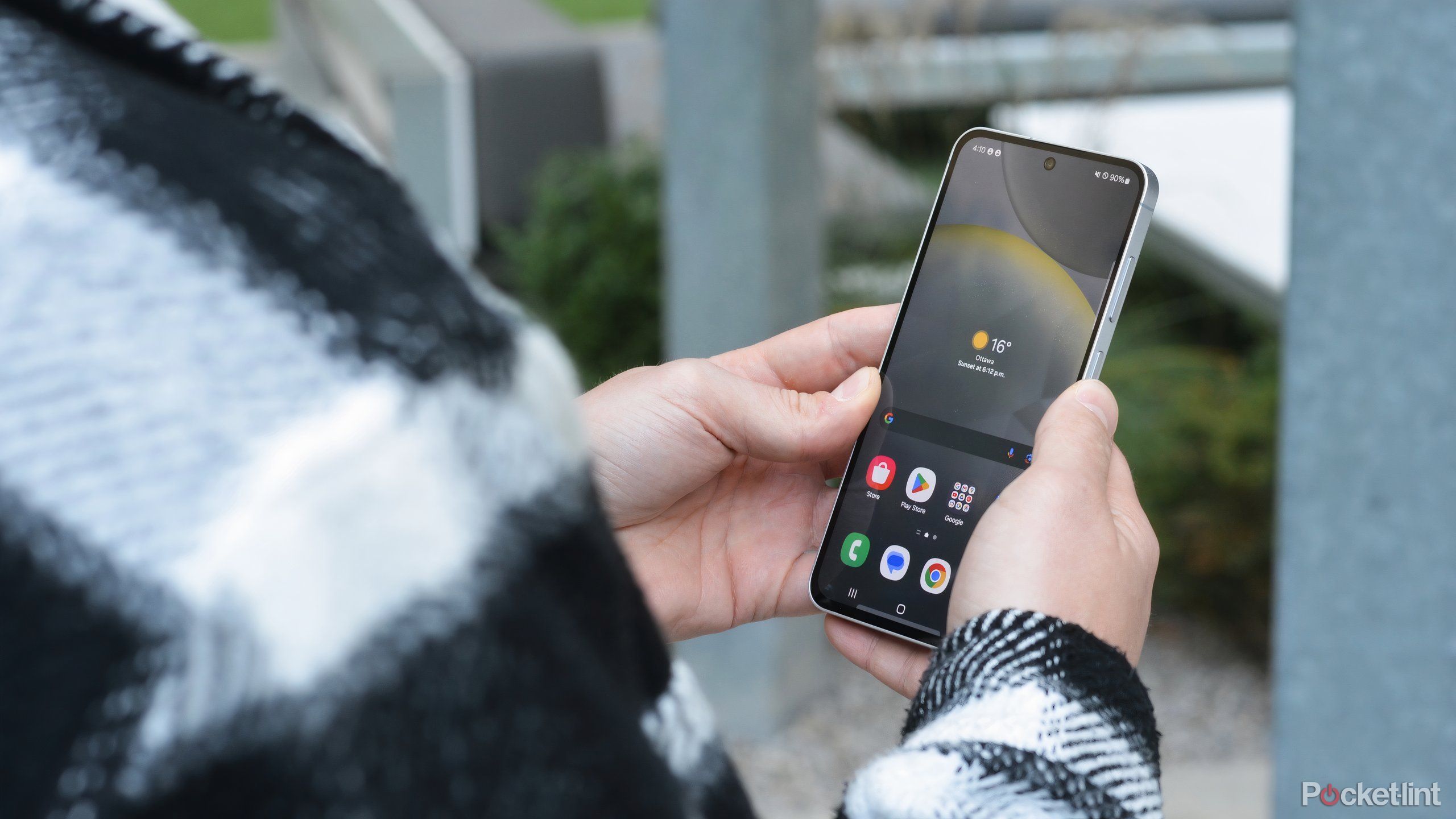BMW, Toyota To Co-Develop Hydrogen Fuel Cell Technology; First Series-Production BMW FCEV Due In 2028

Having previously collaborated in the BMW Z4-Toyota Supra Mk5 project, BMW Group and Toyota Motor Corporation are now joining forces to co-develop fuel cell technology. While the Japanese giant has been building and selling (quite successfully) the Mirai for almost a decade, BMW has so far only successfully tested the iX5 Hydrogen pilot fleet across the globe. However, with this collaboration, the German carmaker has now announced their first production-ready FCEV will roll out in 2028.
Also Read: Auto Sales August 2024: Maruti Suzuki, Hyundai, Tata See Sales Decline; Kia, Toyota Report Growth
Technical details of the first car are scarce at the moment since the development is in its early stages and is still four years away. However, given the expertise BMW Group has amassed from the iX5 Hydrogen test program, we expect the next-gen X5 (which will be due by the same year) could be the first BMW production car to incorporate the co-developed technology. According to an official statement, the collaboration between the two carmakers will take forward the individual third-generation fuel cells and use them for both commercial as well as passenger vehicles.
Also Read: BMW India Reports Highest-Ever Half-Yearly Sales In First 6 Months Of 2024
Both BMW and Toyota will expand the range of FCEV options in the coming years. Benefitting from the partnership and the subsequent economies of scale, the volume of powertrain units will increase thus reducing the cost of procurement helping both the carmakers to offer the newer technology to the customers at a competitive pricing.
It also needs to be pointed out that the Neue Klasse line-up that BMW plans to introduce in the next few years is built on a platform that will support the FCEV architecture. And the iX5 Hydrogen fleet that BMW used for testing also made use of Toyota’s fuel-cell technology. While BMW will be the first to get their production-ready FCEV out of this collaboration, Toyota on the other hand will have their separate line-up of FCEV and won’t be just rebadging the German line-up.






